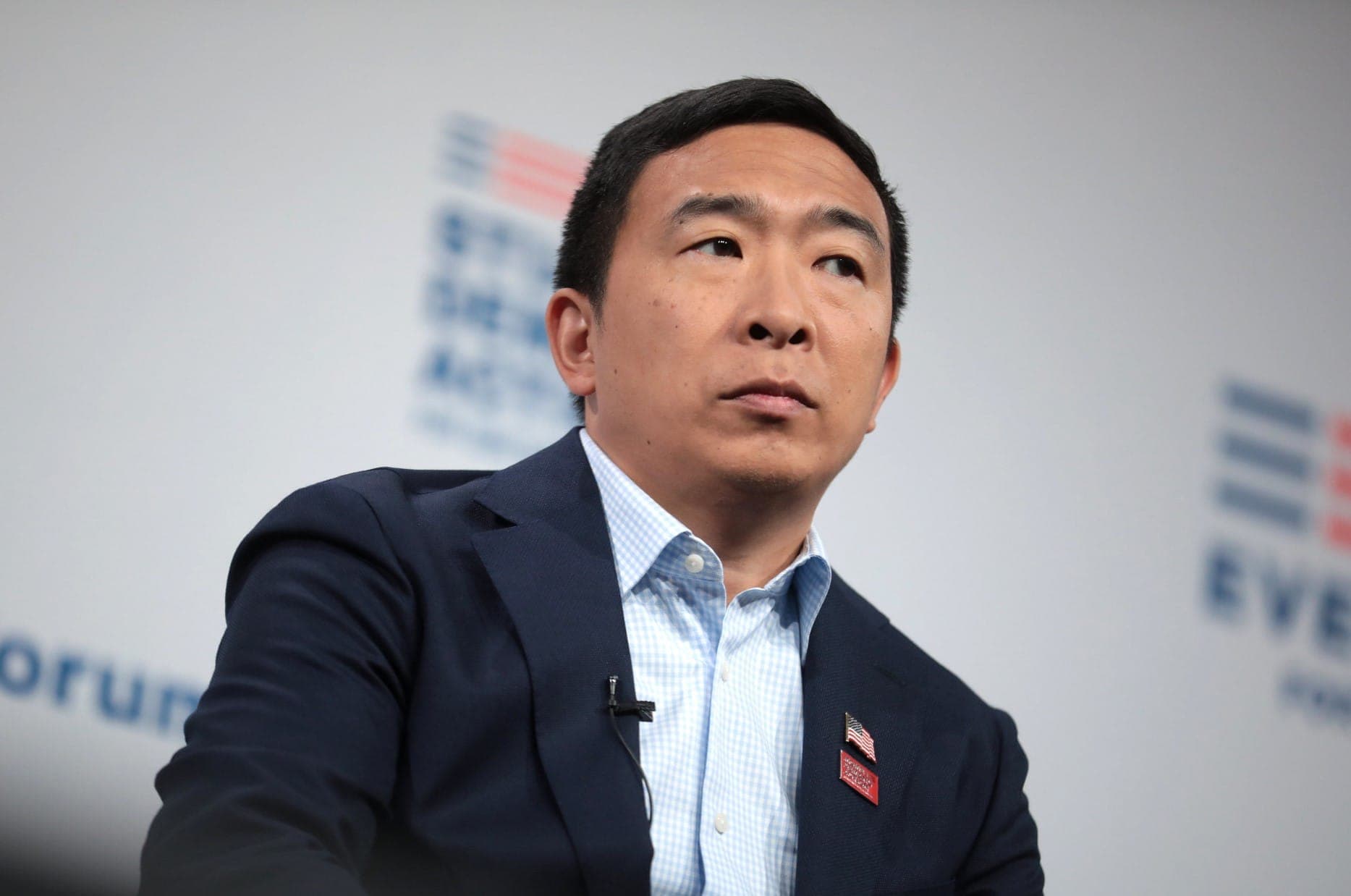Just A Reminder, The Presidential Nomination Process Has Never Been About Democracy
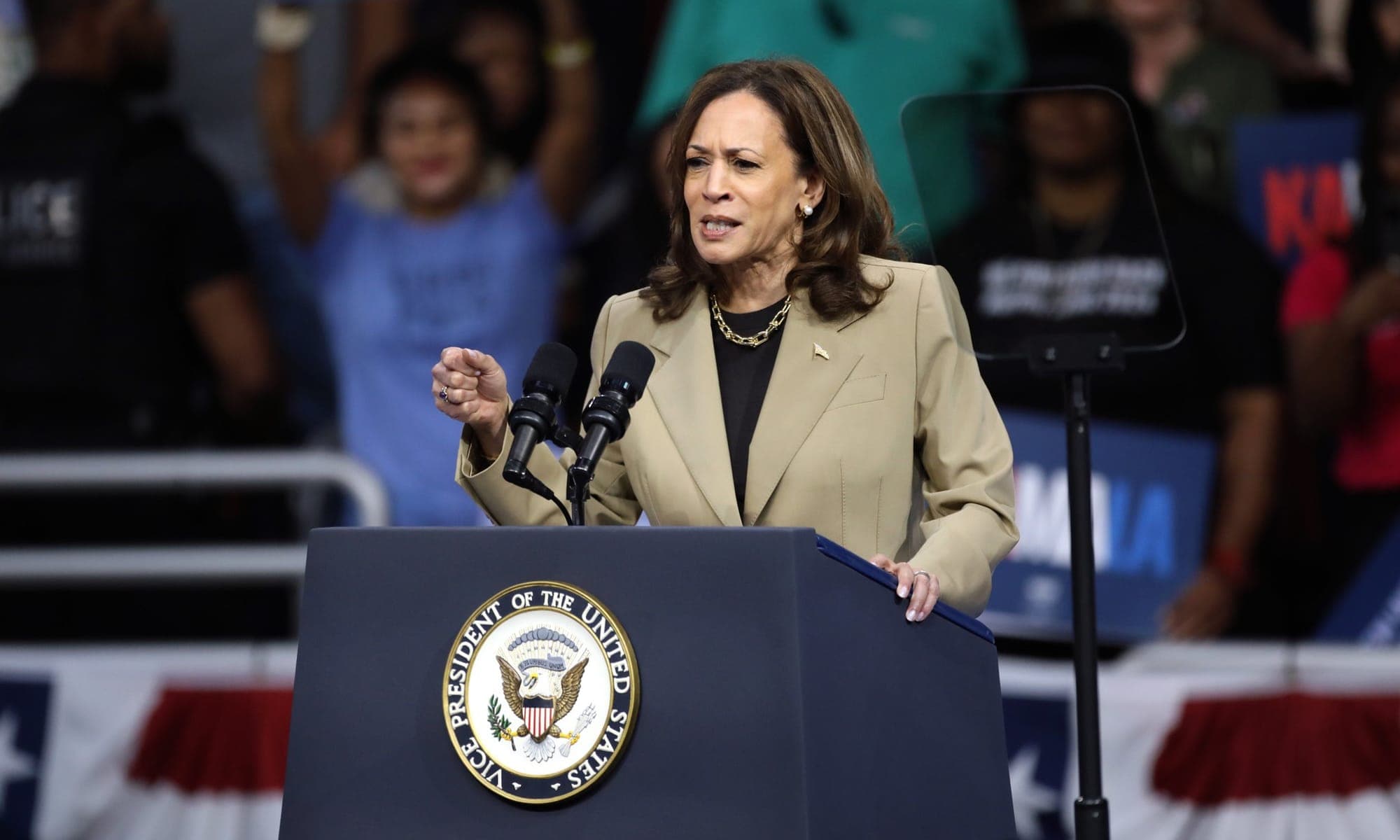
Vice President Kamala Harris is slated to make her speech at the DNC Thursday, in which she will formally accept the Democratic Party’s nomination for President of the United States. It is a historic moment that has not come without scrutiny.
Many Republicans and Trump supporters have pointed out that while the DNC has accused Trump of being a threat to democracy, Harris has replaced Biden at the top of the Democratic ticket despite not being on the ballot in the 2024 presidential nomination process.
A move, they say, is “undemocratic.”
Meanwhile, those who defend Harris’ nomination, say the party was responding not just to power brokers and party insiders, but declining trust from party voters that Biden was the right candidate to represent them in November.
Here’s the thing: The 2024 presidential primaries and caucuses weren't very democratic to begin with – highlighting the reality that the presidential nomination process has never been about elevating democracy.
This doesn’t just apply to the Democratic Party, but the Republican Party as well.
The Parties Make the Rules
Over the last decade, IVN has educated voters on the ways in which the Republican and Democratic Parties have set election rules in the US to their benefit, while protecting themselves from outside competition.
This applies to elections at all levels, but especially the presidential nomination process.
When voters cast a ballot in a presidential primary or caucus, their vote isn’t directly going toward the nomination of a candidate. The votes go toward delegate allocation for the party’s national convention, where the nominee will be selected.
Some states, like Arizona, rightfully call these presidential preference elections. They're not primaries that directly select nominees like in elections that would be down ballot of the presidential race.
The parties can alter their rules in any given election cycle to change whose votes count toward delegate allocation, whether states will be “winner-takes-all” or if delegates will be allocated proportionally, and they can nullify delegates.
Both parties have asserted their right as private organizations to change their rules as they see fit in public and in court. It’s their nominee. They can decide how that nominee is selected, regardless of what voters think.
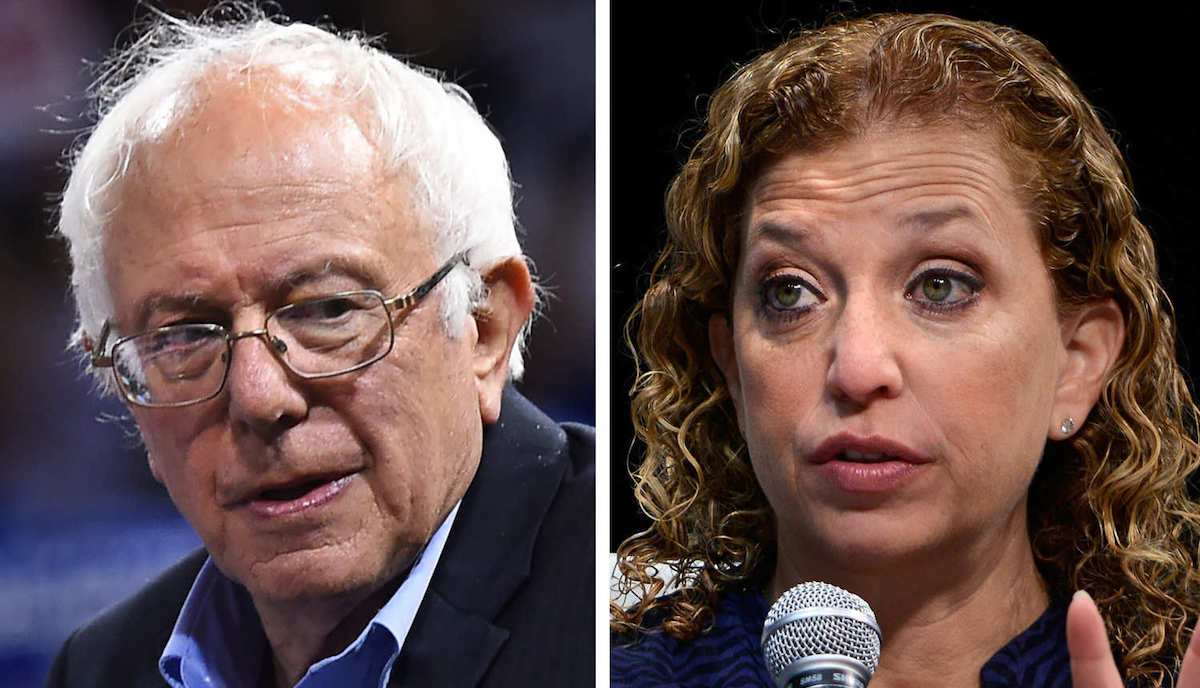
In the 2024 nomination process, the DNC told New Hampshire voters that they didn’t matter because the state defied the party’s wishes to move its Democratic presidential primary to a later date and allow South Carolina to hold the first meaningful primary election.
New Hampshire would have lost its distinction of holding the first-in-the-nation primaries – a tradition that goes back to the 1970s. The primary, however, could not be moved because New Hampshire law requires the state to uphold this tradition.
And state lawmakers had no intention of changing the law.
Still, the party decided that the results of the New Hampshire primary would not go toward delegate allocation. So, regardless of whether or not Biden dropped out, the state’s 34 delegates were not decided by voters.
Similarly, in 2016, the Republican Party did not hold presidential preference elections in Colorado. Republican voters in that state did not have a say, nor did many Wyoming Republicans after state conventions were used to decide its delegates.
The DNC refused to hold debates, place candidates on the ballot, or hold some elections in 2024. Just like the RNC did in 2020. This is not unprecedented when a party holds the White House and its incumbent runs for re-election.
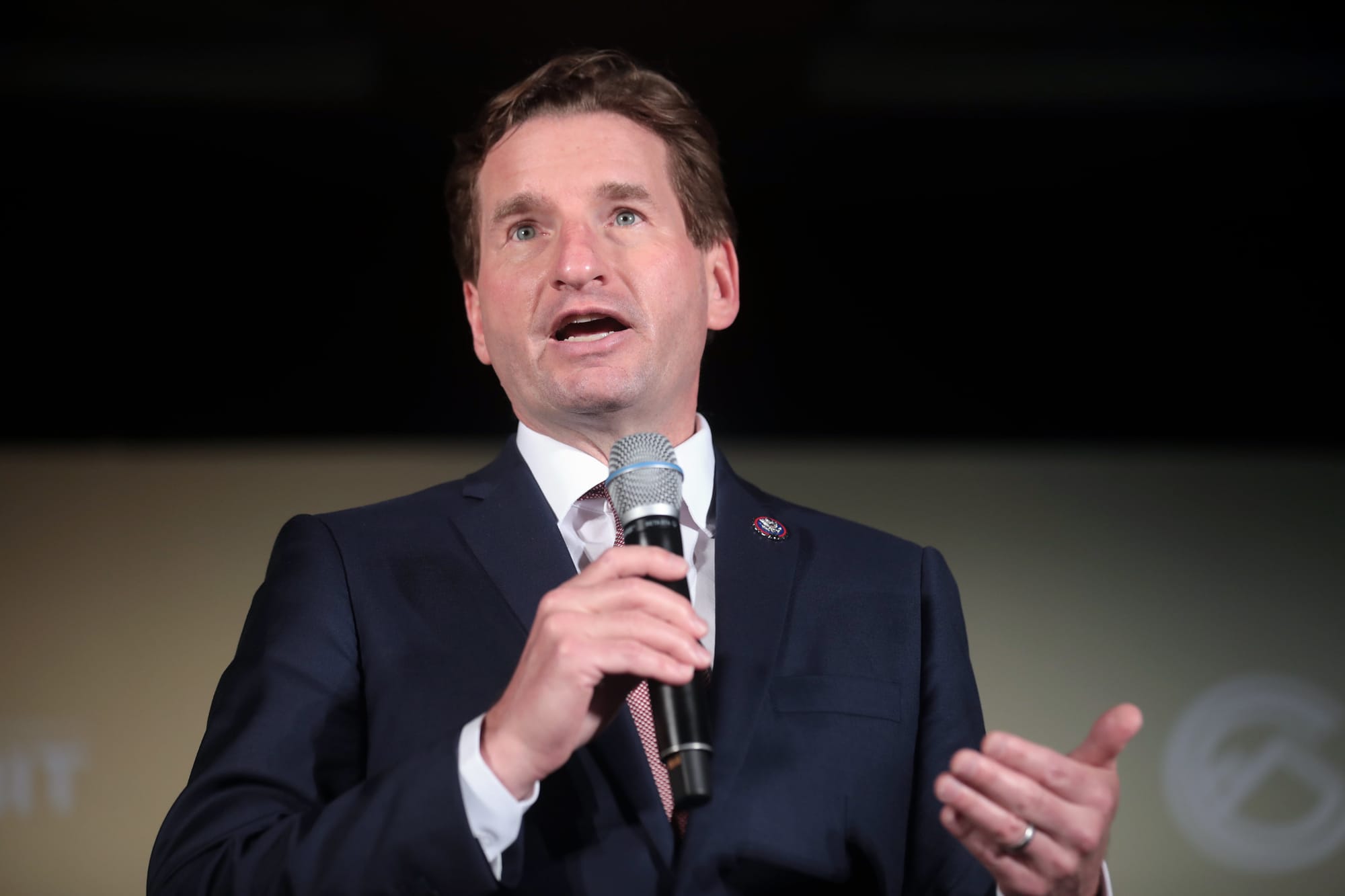
However, it also doesn’t put democracy first as voters are not offered choice, competition, or even a say. The party decides what candidate it wants to prop up and much like the DNC did in 2016 with Hillary Clinton, can take actions to ensure they win.
In 2016, voters became more aware of the DNC’s use of superdelegates (unpledged party loyalists who count in the nomination process), which then-DNC Chair Debbie Wasserman-Schultz said existed “to make sure that party leaders and elected officials don’t have to be in a position where they are running against grassroots activists.”
At the same time, Republican National Committeeman Curly Haugland made the case to his party and its delegates that the RNC’s rules have always protected the rights of pledged delegates to vote their conscience if they disagree with a primary’s results.
Haugland was a member of the RNC Rules Committee at the time.
Party First, Voters Second
Both major parties have rules that supersede the election codes of their respective states.
For example, the 2011 bylaws for the Republican Party of California stated that the party "retains the right and prerogative of association to recognize and determine for itself the ways and means of nominating persons as nominees for partisan elective offices."
An example of this in action occurred in 2023 when the party amended its delegate allocation rules from proportional allocation to “winner-takes-all.”
And again, the DNC decided that certain states' election results wouldn’t count in the 2024 cycle -- because party rules come first. Voters are considered second.
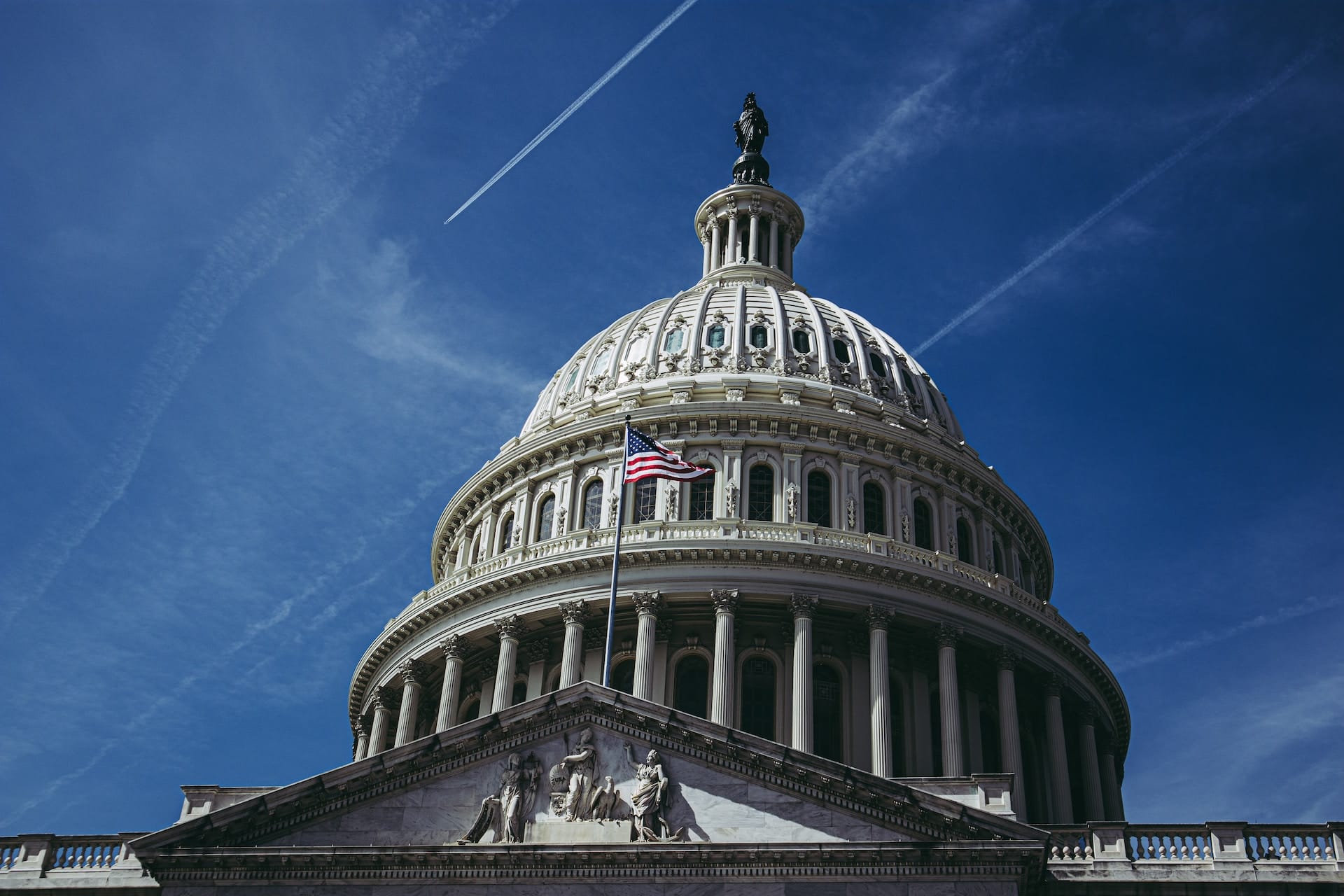
The presidential nomination process is about securing the interests of the political parties, which most of the time means abiding by the primary results. However, it can also mean moving forward with a choice regardless of how people vote.
Or, changing the rules, primaries, debates, and more to better guarantee a result that the party wants. It is a right the parties have under the way elections are conducted in the United States.
One thing that is true of both major political parties in 2024 is both presidential nominations were considered set in stone before a single vote was cast, and absolutely a done deal by early March before much of the country had a chance to vote.
This is hardly democratic.
 Shawn Griffiths
Shawn Griffiths




